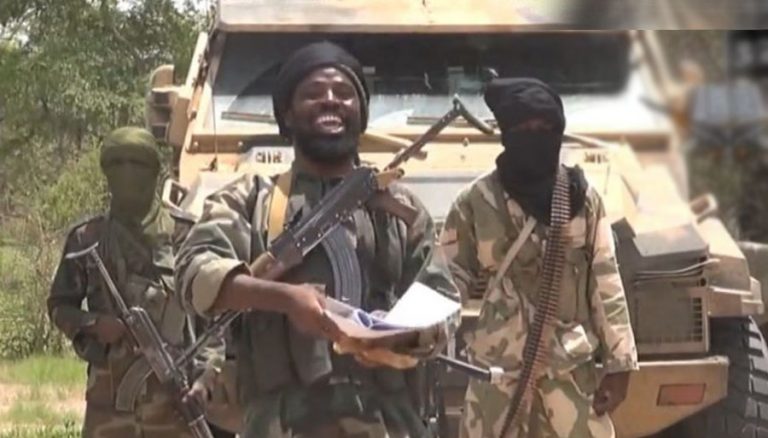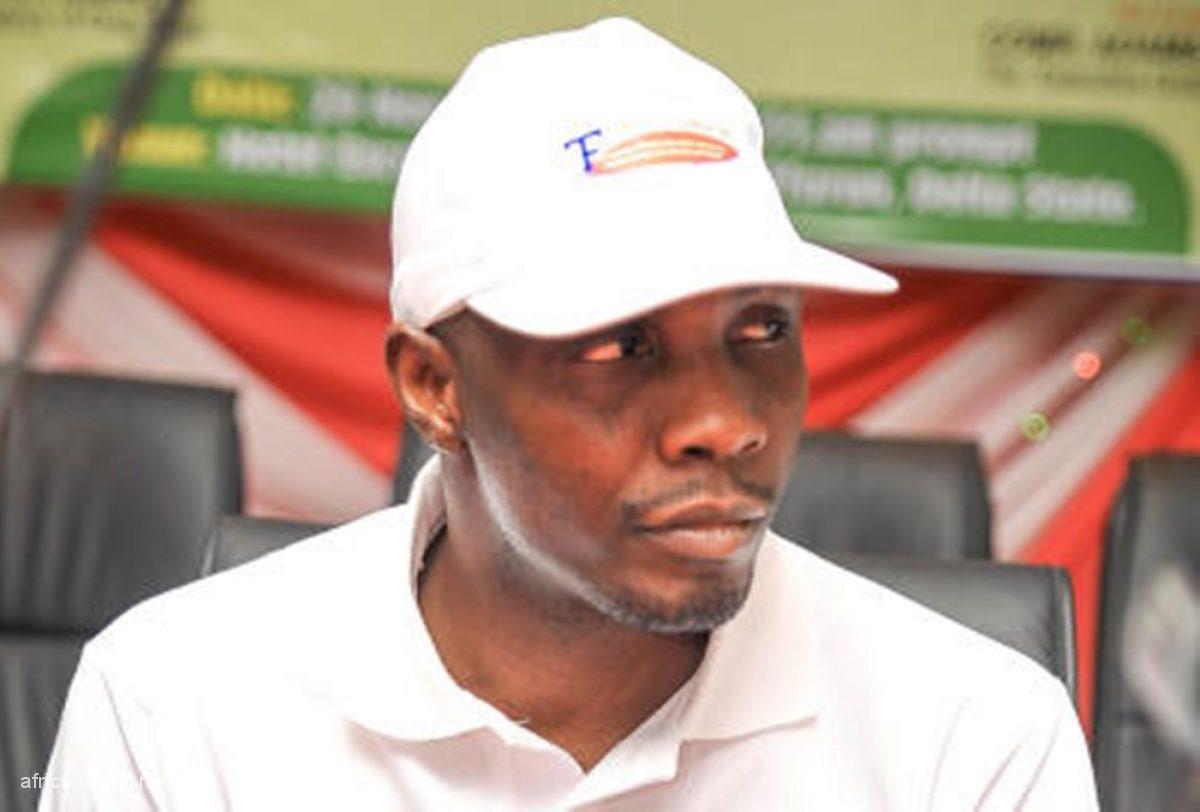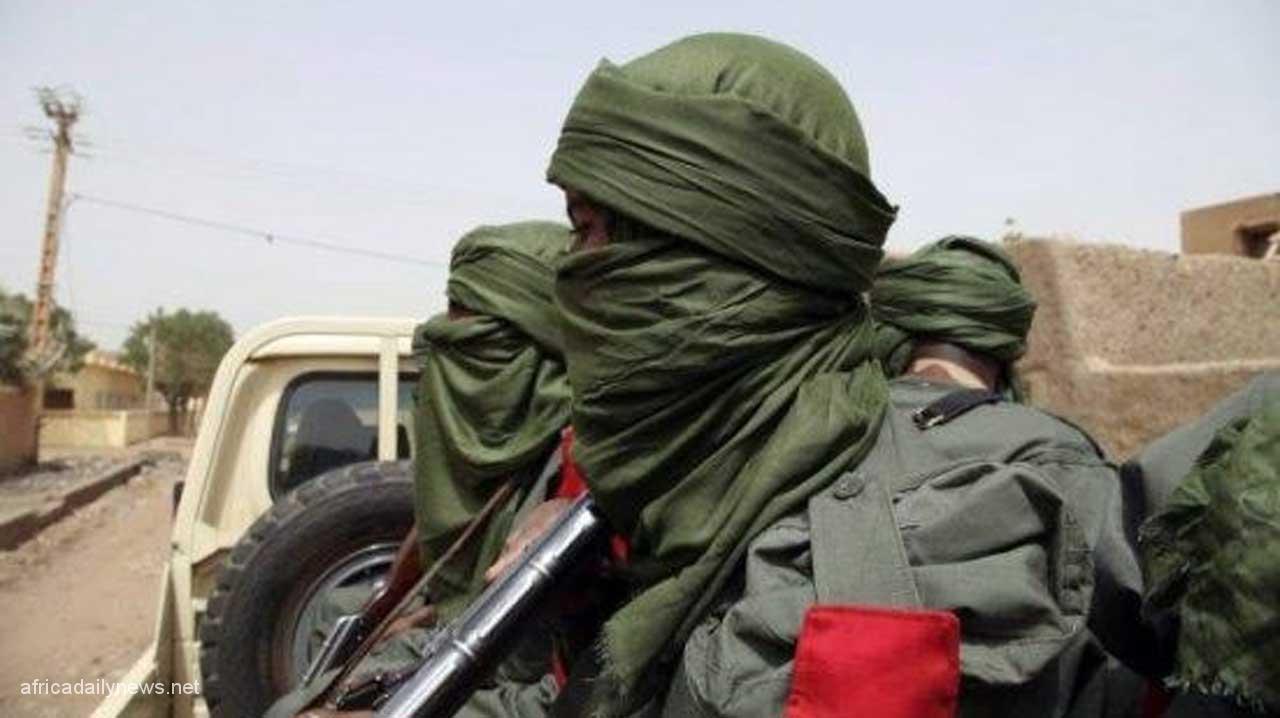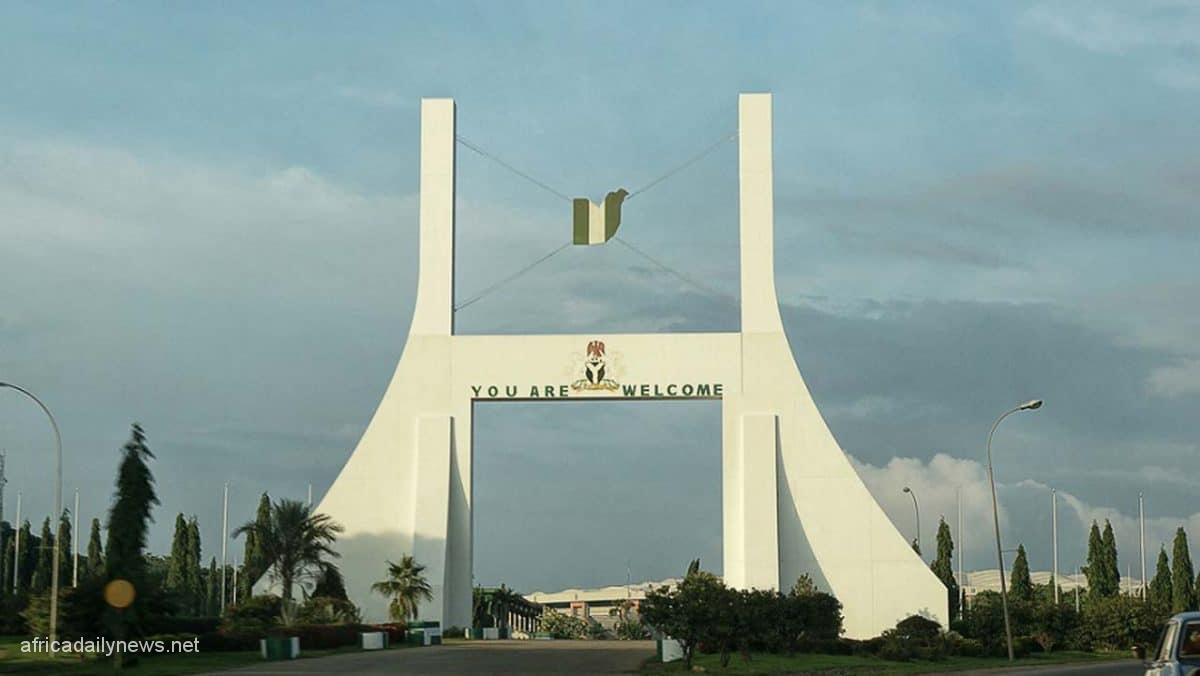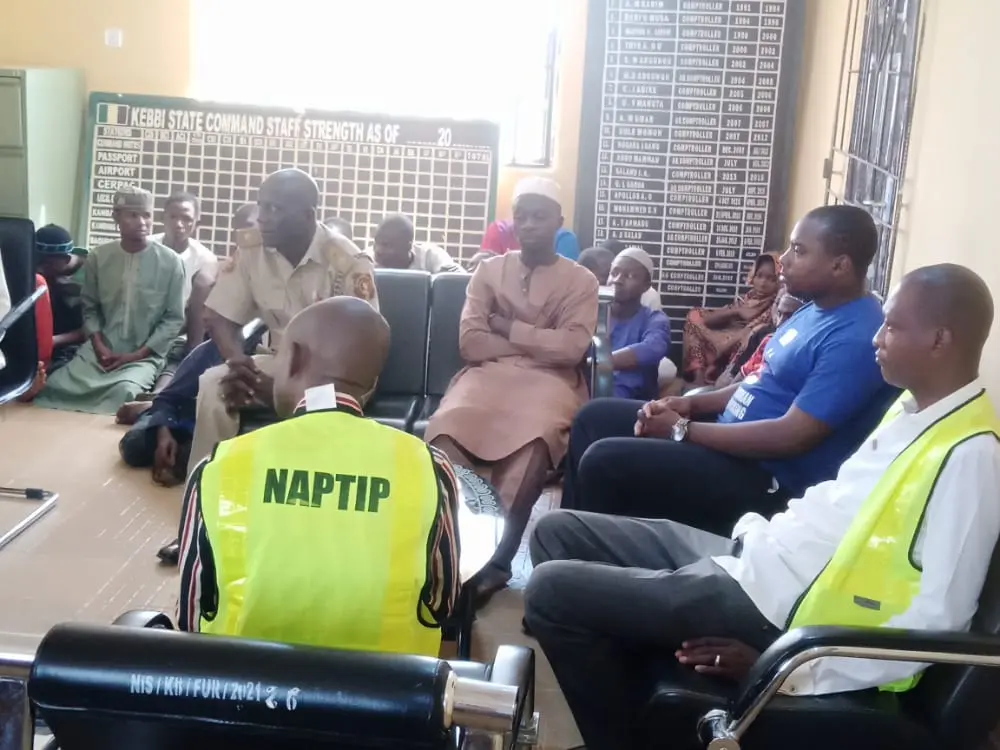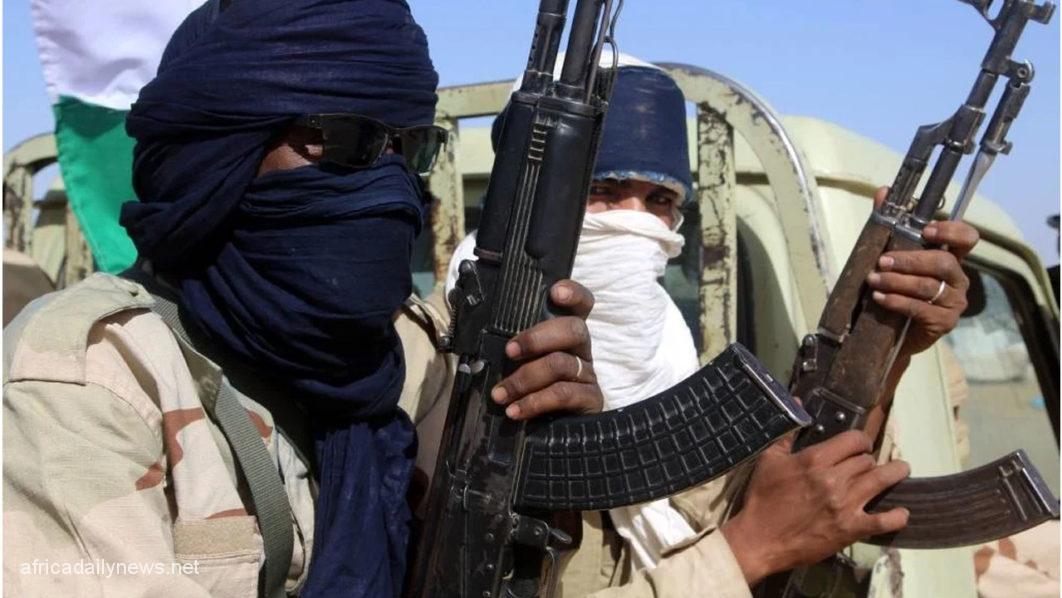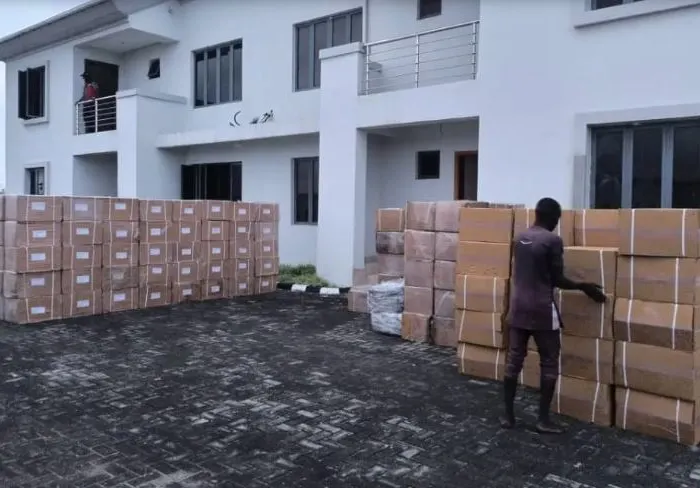Islamists from a Boko Haram splinter group have taken large numbers of people hostage in a northeastern Nigerian town. Many of the victims had just returned to the town after fleeing a bloody attack there two years ago.
Members of the Islamic State West Africa Province (ISWAP) jihadi group overran the northeastern Nigerian of Kukawa late on Tuesday, taking hundreds of hostages, locals and militia sources said on Wednesday.
Local militia head Babakura Kolo said many of those seized had just been resettled in the town by the government after spending nearly two years in displacement camps after fleeing an attack on the town in November 2018.
Read Also: South Africa Church: Five Killed In Hostage Situation
“The terrorists attacked the town in 22 trucks around four pm (1600 GMT) yesterday and engaged soldiers guarding the town in a fierce battle,” he said.
Security sources say ISWAP is trying to build up its influence in the Lake Chad region, where Kukawa is located. The group is a splinter group of Boko Haram, a jihadi organization that has killed tens of thousands during its 10-year campaign mainly in northeastern Nigeria to establish a state based on fundamentalist Islamic law.
Millions displaced
The jihadi conflict in Nigeria’s northeast has forced some 2 million people to flee their homes, with many of them moving to displacement camps in the regional capital of Maiduguri.
Authorities have been trying for the last two years to get them to return to the towns they have left, even though international charities have insisted it is not safe to do so. Those who have returned are confined under military protection, but insurgents continue to carry out attacks.
The United Nations said last Friday that 10.6 million of the 13 million people in the states of Borno, Adamawa and Yobe would need humanitarian assistance this year amid the ravages of the conflict and the coronavirus pandemic.
ALL AFRICA

